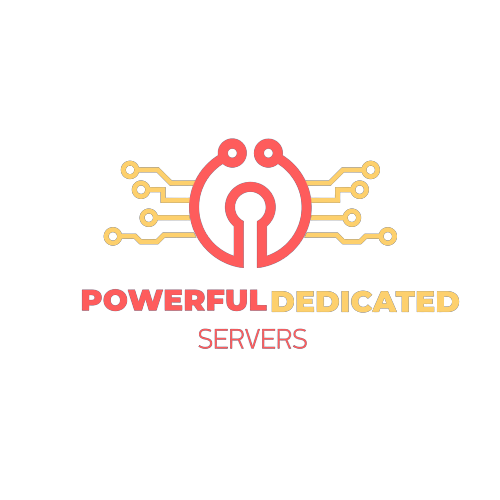Summary

Article Name
Powerful Dedicated Servers vs. Cloud Services: What’s Best for Your Business?
Description
In the ever-evolving landscape of digital business, the debate between using powerful dedicated servers and cloud services is a pivotal one. Both have their unique advantages and potential drawbacks, and the decision on which to use can significantly impact the efficiency, scalability, and bottom line of your business.
Author
Minaj
Publisher Name
Powerful Dedicated Servers
Publisher Logo


